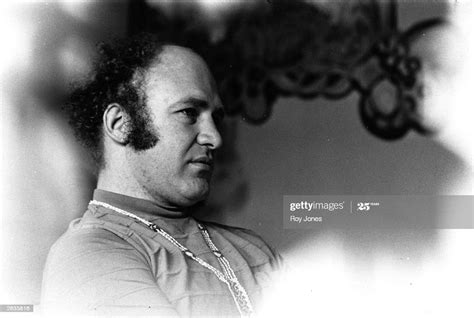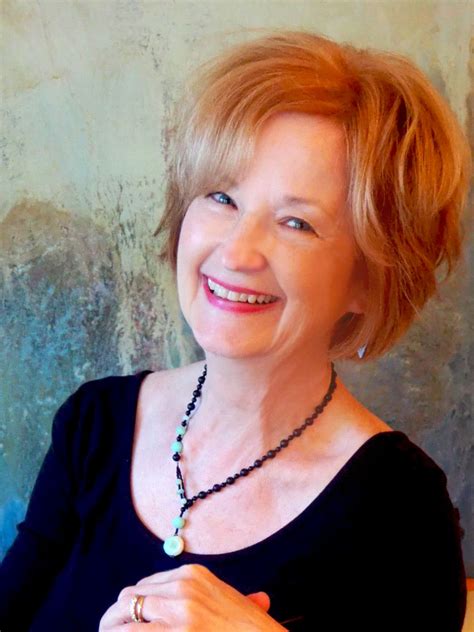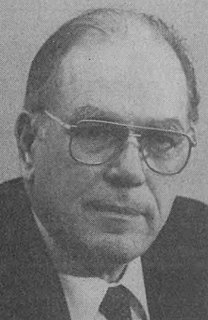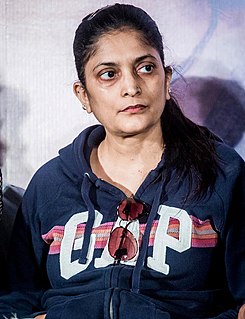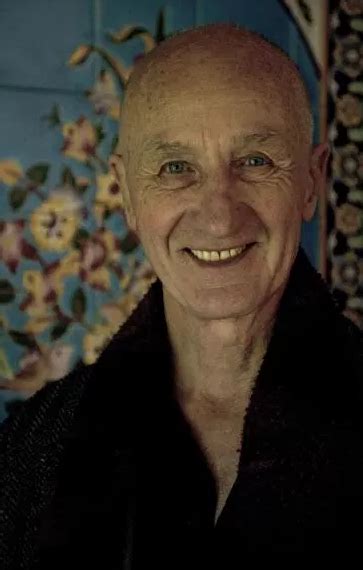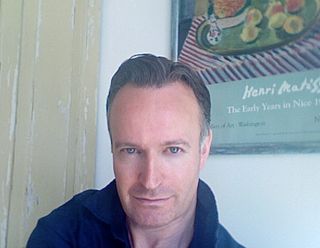A Quote by Terry Tempest Williams
Style is like voice, it grows organically from the truth of one's own life experience. Not in terms of chapters, per se, but in terms of stories. It is the story itself that creates an inherent structure.
Related Quotes
I don't like to think in terms of writing ten or twelve pages a day. Usually I'm writing a scene, and it's always with the idea, "I wonder what is going to happen." Or sometimes I write about something that affected me emotionally the day before and that I don't want to lose. I'm very unorganized at first; but finally it comes into a structure where consciously I'm working on a novel per se.
When you do these things, you sort of take the journey. The journey is all about how I can interweave the Oscar Wilde story, the story of Salome, the play itself and what it is, what it contains, and my journey as an actor, as a director, as a filmmaker, as a person struggling with whatever I'm struggling with - my own celebrity, my own life. This is semi-autobiographical in terms of my commitment to this kind of thing.
This question of love begins and ends with the willingness to be welcoming to one's own experience as a loving action towards oneself. It may be dark, it may be light, it may be joyous, it may be sorrowful, but it's your experience, and therefore, your life. As we have that kind of loving response towards our own life, then life itself in terms of the outside world, begins to feel different.




